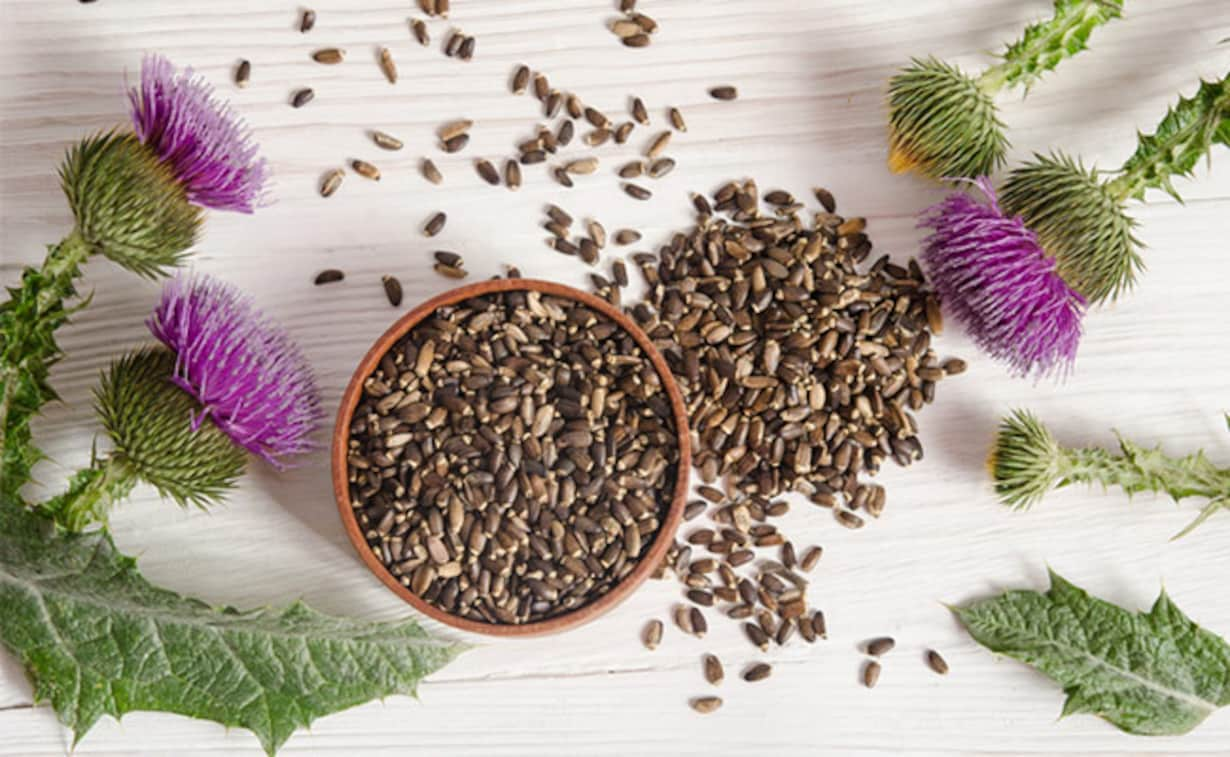Asafoetida is a spice that is widely used in Indian cuisine for its distinctive flavor and aroma. It is derived from the resin of a plant called Ferula assa-foetida, which is native to Iran, Afghanistan, and Central Asia. Asafoetida has been used in traditional medicine for its various health benefits, and recent scientific research has also revealed its potential therapeutic properties.
Benefits Of Asafoetida:
- Digestive aid: Asafoetida has been traditionally used to improve digestion and treat various digestive disorders such as bloating, gas, and constipation.
- Anti-inflammatory properties: Asafoetida has been shown to have anti-inflammatory properties, which may help in reducing inflammation in the body and alleviate conditions such as asthma, arthritis, and other inflammatory disorders.
- Anti-microbial properties: Asafoetida has been shown to have antimicrobial properties, which may help in preventing infections caused by bacteria and fungi.
- Blood pressure regulation: Asafoetida has been shown to have a blood pressure-lowering effect, which may help in preventing hypertension and other cardiovascular diseases.
- Menstrual disorders: Asafoetida has been traditionally used to treat various menstrual disorders such as irregular periods, painful periods, and excessive bleeding.
Nutrition Facts of Asafoetida:
Asafoetida is a spice that is typically used in small amounts in cooking, so its nutritional value is not very significant. However, it does contain some vitamins, minerals, and other beneficial compounds. Here are some of the nutrition facts of asafoetida:
- Calories: Asafoetida is low in calories, with approximately 94 calories per 100 grams.
- Carbohydrates: Asafoetida contains about 67 grams of carbohydrates per 100 grams.
- Fiber: Asafoetida is a good source of dietary fiber, with approximately 4 grams of fiber per 100 grams.
- Protein: Asafoetida contains about 4 grams of protein per 100 grams.
- Fat: Asafoetida is very low in fat, with only about 1 gram of fat per 100 grams.
- Vitamins: Asafoetida contains various vitamins such as vitamin A, vitamin C, and B vitamins.
- Minerals: Asafoetida is a good source of minerals such as iron, calcium, and phosphorus.
In addition to these nutrients, asafoetida also contains various beneficial compounds such as flavonoids, terpenoids, and other phytochemicals that may offer potential health benefits.
Risks of Asafoetida:
Asafoetida, also known as hing, is a spice commonly used in Indian cuisine. While it has many health benefits and culinary uses, there are some potential disadvantages to consuming asafoetida:
- Allergies: Some people may be allergic to asafoetida, and can experience allergic reactions such as itching, rashes, and difficulty breathing.
- Blood-thinning properties: Asafoetida contains coumarin, a substance that can thin the blood. People who are taking blood-thinning medications should consult their doctor before consuming asafoetida.
- Digestive issues: Asafoetida can cause digestive problems such as gas, bloating, and diarrhea in some people.
- Pregnancy and breastfeeding: Pregnant and breastfeeding women should avoid consuming asafoetida as it may cause uterine contractions and harm the fetus.
- Unpleasant taste and smell: Asafoetida has a pungent odor and flavor, which some people may find unappealing.
- Quality concerns: There have been reports of asafoetida being adulterated with other substances, which can be harmful to health. It is important to purchase asafoetida from a reputable source to ensure its purity.




